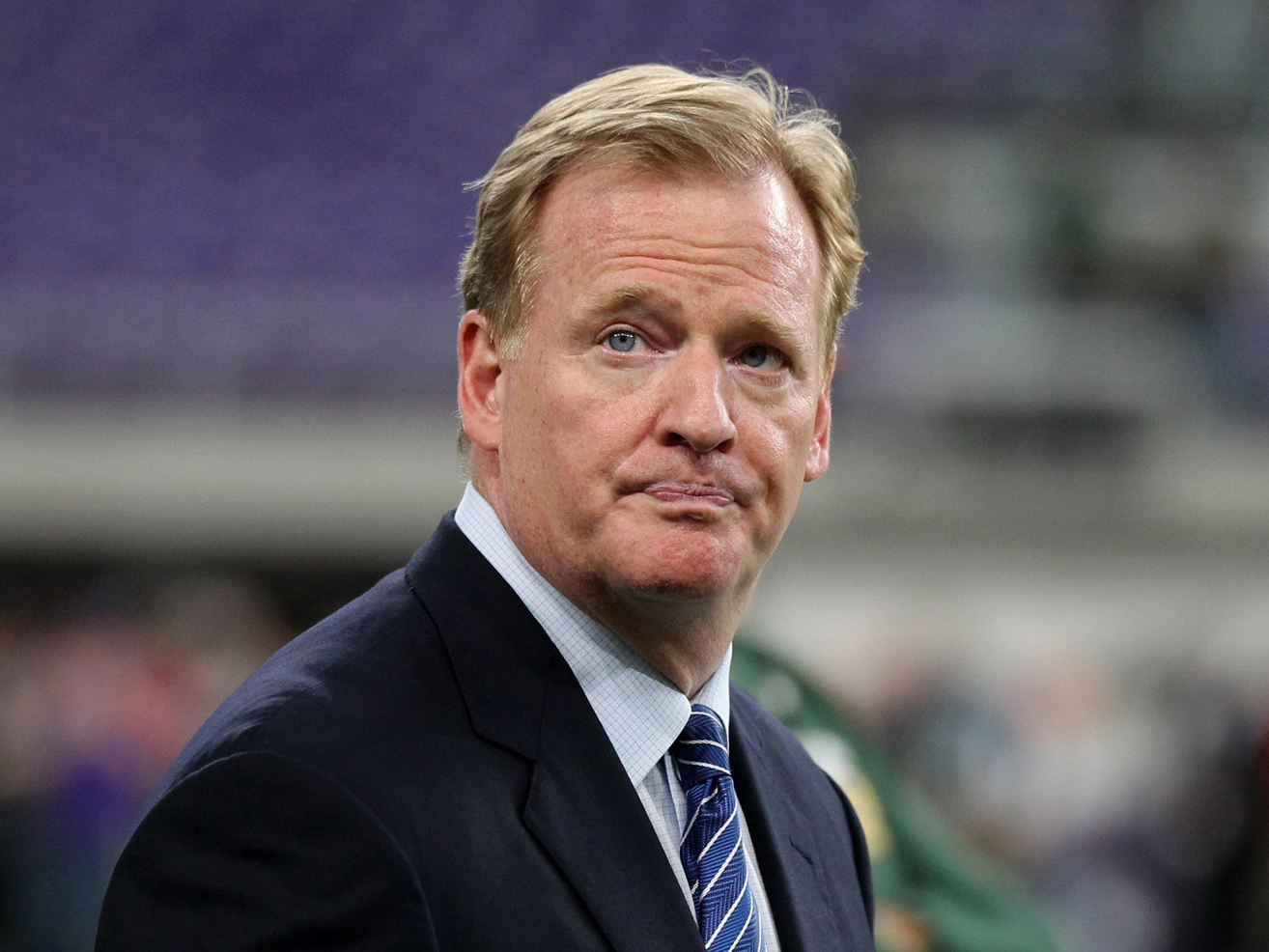Through nine weeks of NFL games, TV ratings have seen a dramatic decrease from 2015.
After another down week in Week 9, Pro Football Talk’s Mike Florio reported that 26 of 27 2016 primetime games have seen a decrease from 2015.
There’s been a great deal of hand-wringing over the reason for the ratings decline. Perhaps the most common theory has been the all-consuming presidential election distracting fans from the game. This was even asserted by the league itself, which sent a memo to team owners saying that ratings have dropped because of “unprecedented interest” in the election. They added that ratings typically drop in election years.
However, with the presidential election now over, the NFL is going to truly find out the state of the league.
Ratings might not rebound immediately; the aftermath of Donald Trump's win could linger for several more weeks. However, if there was a week for the NFL to make a comeback with the conclusion of the election, it would be Week 10.
Though it kicks off with a lopsided Thursday night game between the 4-4 Ravens and winless Browns, the Sunday slate has several intriguing matchups, highlighted by a Super Bowl 49 rematch between the Seahawks and Patriots. That game is preceded by a Cowboys-Steelers afternoon showdown and is followed by the New York Giants playing in primetime on Monday night.
Some have surmised that the NFL's TV ratings have fallen because of a drop in quality of play. While there aren't stats to back this up, a less-than-thrilling schedule, often featuring middling teams in primetime has not, optically, done the NFL many favors. Week 10 finally presents competitive, big-market, star-studded teams playing in the first post-election weekend.
If ratings don't rebound, at least slightly, it could be indicative of deeper problems with the NFL. Speaking from The New York Times' DealBook conference on Thursday, commissioner Roger Goodell suggested a few things that could be hurting the league. According to Ken Belson of the Times, Goodell acknowledged the possible need for fewer commercials and potential over-saturation of games (something Mark Cuban once predicted).
As the Washington Post's Matt Bonesteel detailed, the length of games, particularly with the high number of commercials, could also be hurting viewing audiences. The NFL could consider how better to rearrange the timing of ads to keep viewers engaged.
However, these theories come second to the distraction of the election, which the NFL specifically pointed to. The election is now over, and if ratings don't begin to creep up in a promising week, the NFL may need to take a deeper look into why Americans are turning off football games.

